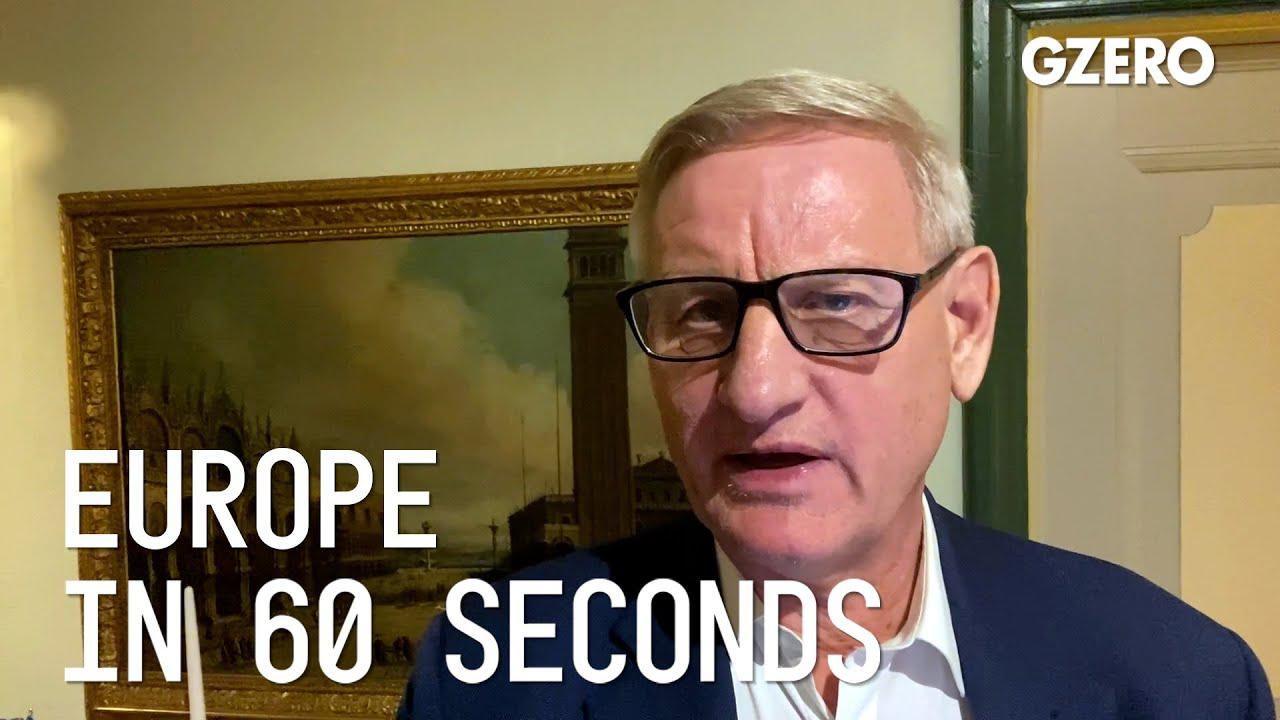GZERO Europe
Estonian PM resigns over corruption allegations; post-Merkel Germany

Estonian PM Resigns Over Corruption Allegations | Post-Merkel Germany | Europe In :60 | GZERO Media

Carl Bildt, former Prime Minister and Foreign Minister of Sweden, shares his perspective on Europe In 60 Seconds:
Why did the Estonian prime minister resign and what happens now?
Well, he had to resign because there were allegations of corruption in connection with a construction issue in in Tallinn. Let's see. I think my best guess is that there will be a new coalition with the new composition of parties and perhaps a more clear-cut commitment to reforms.
What does the post-Merkel future look like for Germany's CDU leadership?
Well, that remains to be seen. They will, the CDU, which is the most significant and most powerful political party in Europe, will elect its new leader on Saturday. Somewhat of an open race between three candidates. Then CDU, and CSU, the Bavarian sister party will elect a chancellor candidate in April. And then, of course, the electorate of Germany will have its final say at the election end of September.
America’s new National Security Strategy confirms what Europeans have feared for months: Washington now sees a strong, unified European Union as a problem to be solved, not an ally to be supported.
In this episode of Tools and Weapons, Microsoft Vice Chair and President Brad Smith sits down with Ed Policy, President and CEO of the Green Bay Packers, to discuss how purpose-driven leadership and innovation are shaping the future of one of the world’s most iconic sports franchises. Ed shares how technology and community-focused initiatives, from Titletown Tech to health and safety innovations on the field, are transforming not just the game of football, but the economy and culture of Green Bay itself. He explains how combining strategic vision with investment in local startups is keeping talent in the Midwest and creating opportunities that extend far beyond Lambeau Field.
Subscribe and find new episodes monthly, wherever you listen to podcasts.
More than a week after Hondurans cast their ballots in a presidential election, the country is still stuck in a potentially-dangerous post-election fog.